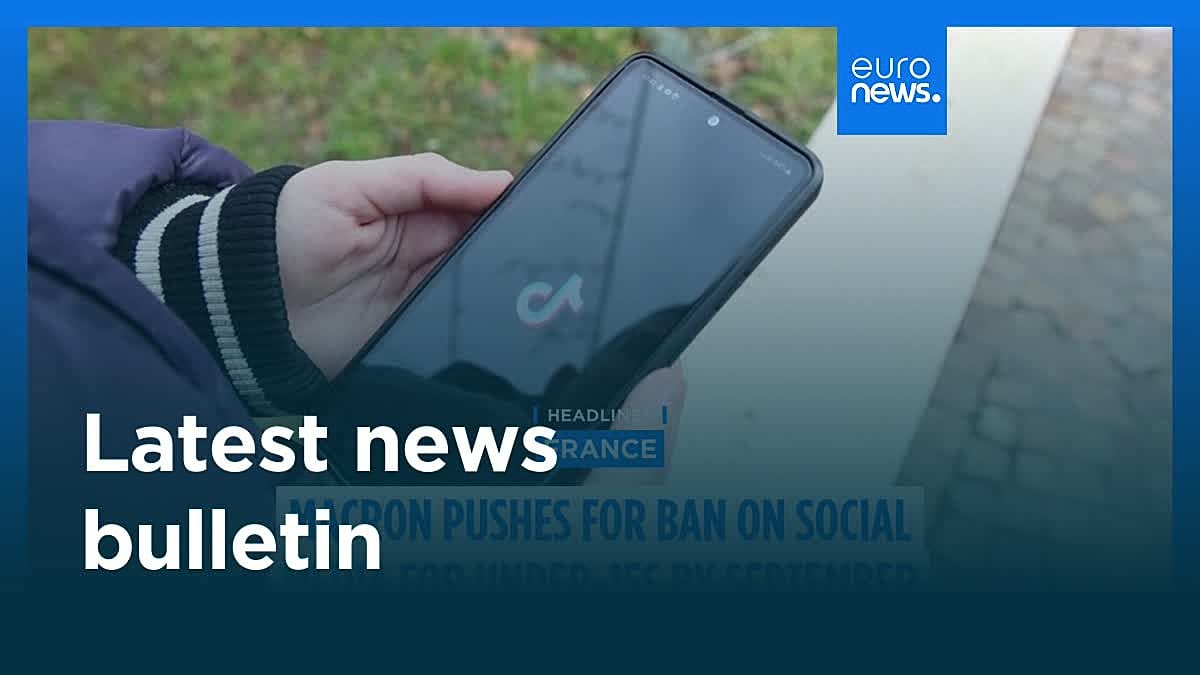How Europe can win the startup race: A playbook for investors and policymakers

Authors’ note: In this article, we unpack a blueprint for growth from IRB and ESNA, alongside fresh input from ESNA’s Executive Director, Arthur Jordão.
A growing body of evidence shows that public innovation funding works. Startups supported by EU programmes have already created over €560 billion in enterprise value, with many going on to raise a further €70 billion in private capital. But to fully realise Europe’s potential, more must be done to support these companies through every stage of their journey.
That’s the case made in Startups backed by the EU’s Framework Programmes, a new report from the Innovation Radar Bridge (IRB) project. Drawing on data from Innovation Radar, Dealroom, and EU monitoring tools, it outlines what’s working, and what needs to happen next: more startup-focused funding, a simpler support pathway, and greater visibility for breakout stars.
Importantly, the IRB isn’t the only voice calling for action. The European Startup Nations Alliance (ESNA) has independently outlined a complementary set of priorities in its annual Startup Nation Standards (SNS) report, based on data from 24 EU countries.
A common ground: How the ESNA and IRB reports align
While the two reports are distinct, they converge on several core recommendations for improving Europe’s startup landscape. Taken together, they offer a powerful, complementary blueprint, from funding and visibility to access and inclusion. Below, we break down three key areas of alignment, alongside insights from ESNA’s Executive Director, Arthur Jordão.
- Digital-first, simplified access
Both ESNA and IRB stress the need for faster, more coordinated entry points to startup support, and both highlight the role of digital infrastructure in making that happen.
ESNA’s proposed “Startup Fast Lane” would give founders a single online destination to navigate national administrative requirements and funding options, backed by help desks across Member States. Similarly, IRB calls for a centralised entry point to EU programmes, with rolling submissions and timelines for review being cut to 2-4 weeks.
“Early-stage startups often operate with limited time and resources. Long or costly registration processes can delay or deter new ventures. ESNA envisions this goal being achieved through fully digital, efficient, and affordable procedures, backed by inter-agency coordination and political will.” – Arthur Jordão, ESNA
- Access to funding
Both reports zero in on a critical issue: better funding pathways for startups. IRB suggests startups should get a larger slice of future Framework Programmes and ESNA suggests that Member States allocate their Recovery and Resilience Facility (RRF) toward venture capital. On the private capital side, IRB calls for “more private VC funds that understand the European grant pipeline and lead rounds” (IRB report, page 48) and ESNA recommends offering tax relief for business angels.
“Access to funding remains one of the most pressing challenges for startups across Europe. The Startup Nations Standards (SNS) calls for improved access to both public and private capital, including targeted tax incentives for early-stage investors.” – Arthur Jordão, ESNA
- Visibility and promotion
Both IRB and ESNA underscore the importance of greater visibility for startups, from complementary angles. IRB calls for more structured promotion of EU-backed startups through summits, pitch and demo days, and improved data tools, helping these companies attract funding and partnerships. It also recommends using digital tools like Dealflow.eu and Innovation Radar to provide real-time startup data and matchmaking. ESNA adds another crucial layer: ensuring that this visibility reflects the diversity and values of Europe’s startup ecosystem, from highlighting underrepresented founders to encouraging inclusive innovation.
“While initiatives like the EU Startups Summit and the EIC community platform offer a solid foundation, they should be expanded…
….This report is a first step, but more efforts are needed to consistently showcase how EU backed startups tackle critical trends. As highlighted by ESNA, regularly publishing research—and promoting it through both mainstream and specialized media—is crucial for strengthening Europe’s innovation brand.” – IRB Report, page 49
What policymakers and investors should do next
While this article highlights some of the key takeaways, both reports contain far more data-driven insights than could be covered here. Together, the two reports offer a powerful and complementary roadmap for strengthening Europe’s startup ecosystem, grounded in data from 24 countries, Innovation Radar, Dealroom, and EU programme monitoring tools.
For policymakers and investors, they represent more than theory; they’re a strategy backed by evidence and experience. If taken seriously, their recommendations could spark real, system-wide impact. As Arthur Jordão of ESNA puts it:
“If Europe succeeds in creating a harmonised startup environment—supported by aligned market conditions and streamlined, innovation-driven policies, Europe will be positioned to lead globally. This is not only about competitiveness; it is about securing Europe’s technological and economic sovereignty by enabling innovation to thrive.”
Take this opportunity to explore the full findings in the latest IRB ‘Startups backed by the EU’s Framework Programmes’ report and ESNA’s ‘Startup Nations Standards’ report.
The post How Europe can win the startup race: A playbook for investors and policymakers appeared first on EU-Startups.
















































